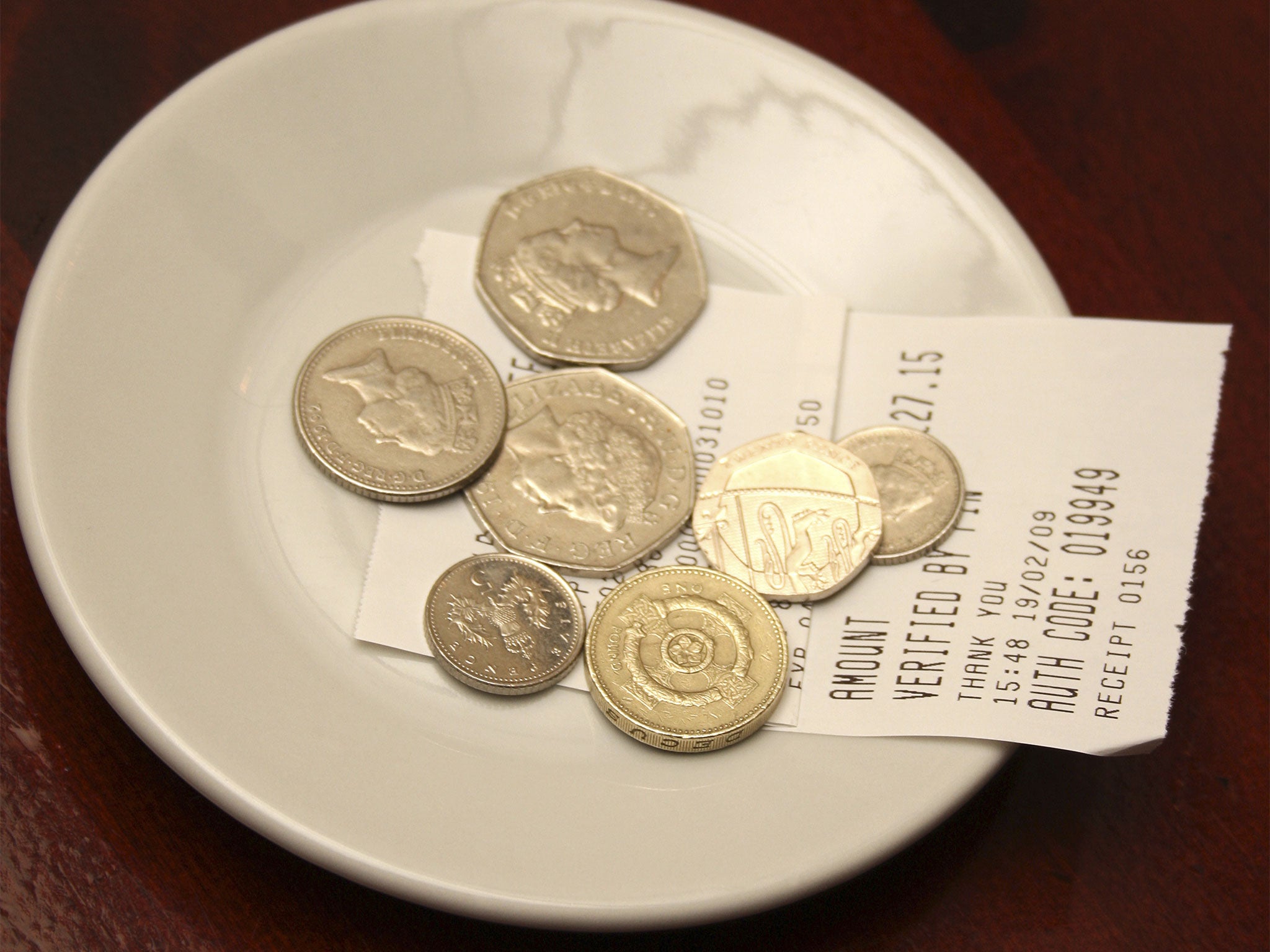Culture
Don'ts

Don't walk around to smoke and eat

Chopstick placement is important
Putting chopstick straight up is a bad omen
Don't pass food using chopsticks that touched your mouth
Don't stab food with chopsticks

Don't leave a tip. The good service not because of a tip but because they are just doing their job.
Depending on their superiority you should watch how you act to people
For example when speaking to an older person you should not look them in the eyes
Don't touch people
Japanese are very sensitive of their space and you should not touch them unless they actually want you to. Therefore when greeting people they choose to bow for greetings instead of shaking hands.
If you do not want someone to fill your tea you do not finish the tea. Finishing it means you want it refilled and is expected you do the same for other when they finish their tea.
Power Distance
Respecting positions of power
In Japan, it is expected that you treat people that are elder to you and people that work above you differently. You should speak more respectfully and even follow their name with a different ending. For example, when referring to someone older than you it is expected you use "San" at the end of their name and when speaking to someone younger than you it is expected you use "Kun" when speaking to them.
Masculine vs Feminine
What does it look like to be successful in Japan
Japan is one of the most masculine countries in the world. They live in a society where success is based on achievements and wealth. Ever since the Japanese people were children they would usually have to compete to see who is the most athletic or who is the smartest in the school. Which is a huge contrast to Canada. Where our achievements are not solely based on grades and competition.
Non Verbal Communication
This again has a lot to do with age and status. When speaking to older people it is expected that you do not make eye contact with them. It is shown to be disrespectful and will make them angry. Also the importance of bowing in Japanese society is key. A lot of Japanese people bow because they prefer not to make physical contact. So bowing as a greeting is important and bowing to say thanks is important. You can also use it to apologize. Bowing is powerful tool in Japanese society.
Also, to be more specific with the bow. There is a certain way to bow. curving you back in anyway during the bow is shown to be disrespectful and bowing too low is shown to be disrespectful.
Business etiquette
Do's

Slurp noodles (it shows compliments to the chef)

Bowing is very important in Japanese culture
Meeting/Greeting people, Thanking a person, apologizing to someone.
Take off your shoes when inside or wear different footwear
Wait for people to tell you where to sit. It shows respect and politeness
Uncertainty avoidance

How natural disasters affect society
Japan is the most uncertain contry's in the world. They are constantly hit with earthquakes and tsunamis and are always prepared for what might happen tomorrow. They have to worry about that. They live their lives in constant fear that tomorrow might be their last day due to these natural disasters. So the Japanese people like to minimize uncertainties by doing the same things. For example, schools opening and closing ceremonies. These ceremonies are usually held the exact same way to avoid any uncertainty for what might happen. This is different in Canada. We rarely worry about tornados or tomorrow. We worry more about school and our jobs than actual disasters that might hit our nation.

Time Perception
Japanese people, they prefer to use polychronic time. Japanese people usually want to create deep bonds with their co-workers and show a lot of respect for them. They often juggle work with socializing with colleagues because they believe it is important at the workplace. They also respect rituals and status at the workplace to make decisions as well. This all show that Japan uses polychronic time.
Verbal Communication
As I explained before in power distance their use of certain vocabulary is based on your age and status. When speaking someone who is older than you, use San and always speak politely. When speaking to people younger than you use "Kun" also you should usually speak expecting they respect you so that they show you respect. It is expected in Japanese society that you respect your elders.
Spatial Perception
Japanese people do not like being touched. It is shown to be disrespectful to touch a Japanese person without their permission. Even when trying to make a Japanese friend do not touch them until they are 100% comfortable with you.
